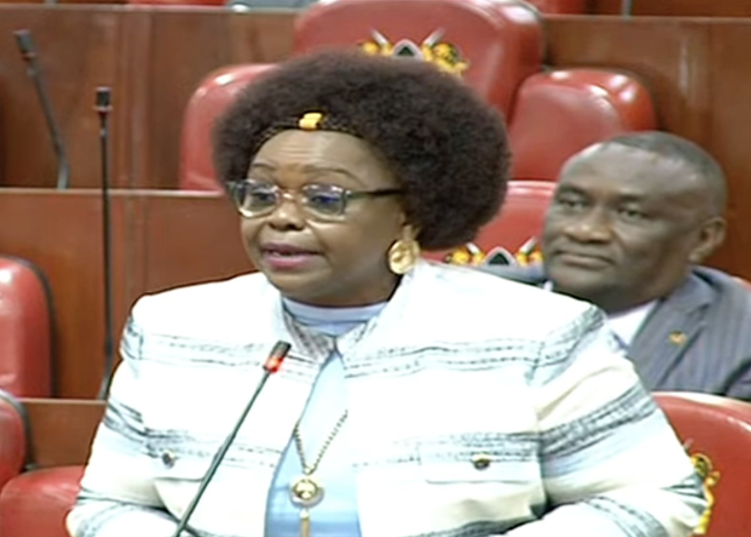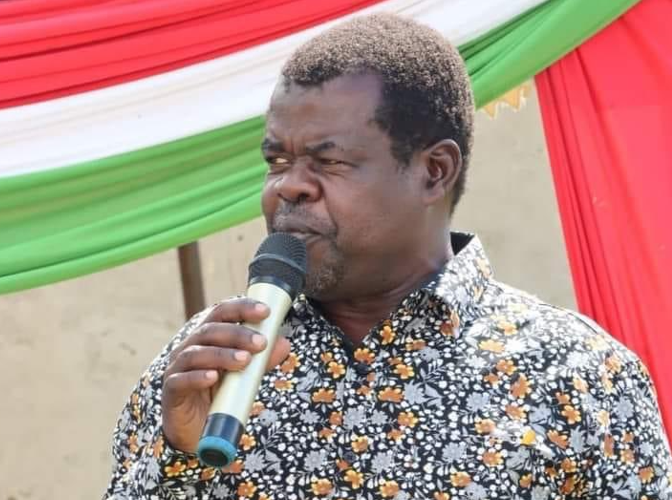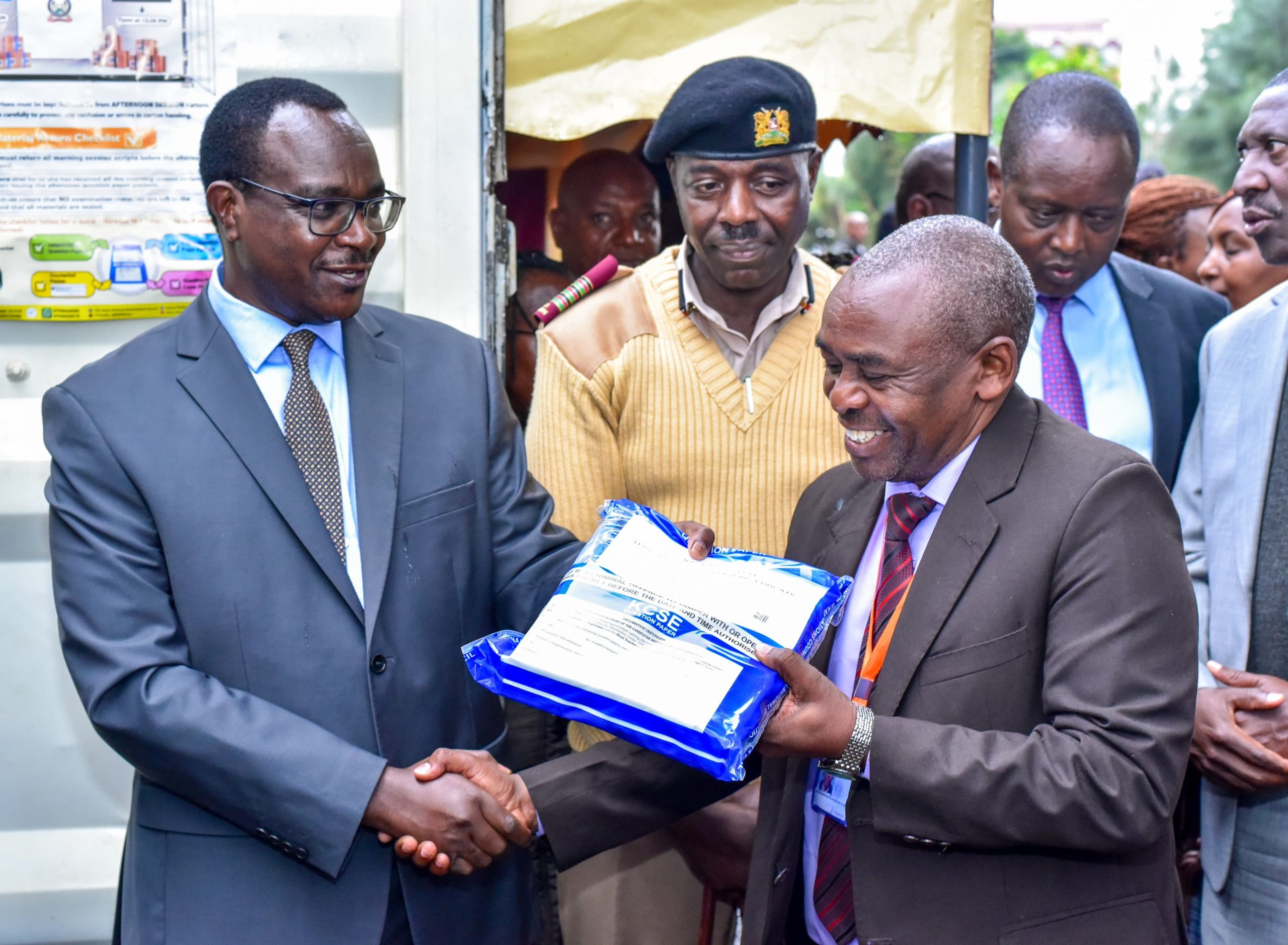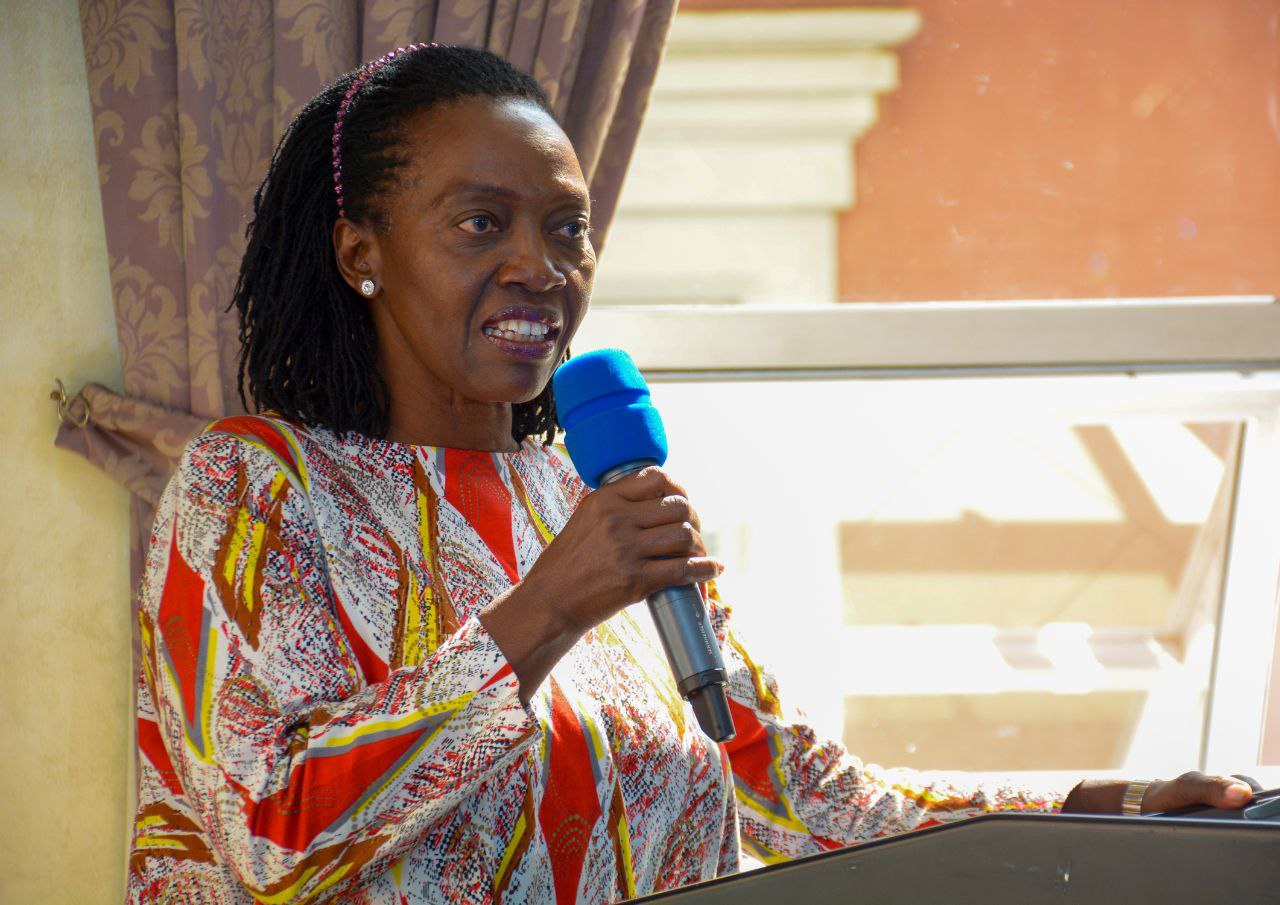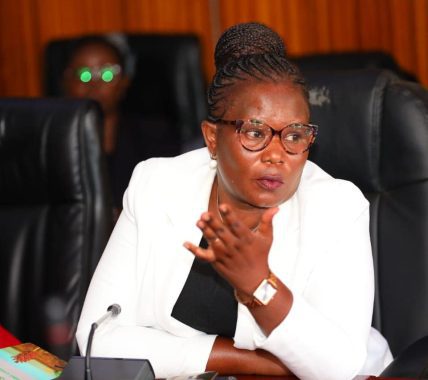Suba North MP Millie Odhiambo has opposed the contentious Finance Bill 2024, particularly criticizing the proposed taxes on imported sanitary pads and diapers.
During a heated parliamentary debate on Wednesday, June 19, 2024, Odhiambo addressed the issue of period poverty, stressing the negative impact these taxes would have on women and girls.
“As a former user of sanitary towels, and as dynasty as a former user of diapers, and as a future user of diapers because as a woman, once you get menopausal, you will have leaks and you will use diapers, I want to say: If you want to make money, go and tax men’s underwear. I don’t want women to get shame over periods or menopausal leaks,” Odhiambo stated.
Odhiambo criticized her male colleagues for speaking on women’s issues with authority, noting that women are the ones who truly understand what works for them.
“I have been sitting here listening to men speak about sanitary towels that is in the Finance Bill with authority. If we want to save money the way the Finance Bill has done, and want to tax anything else, go tax men’s inner wears. Don’t speak on our issues as women. We are the ones who know what works for us,” she said.
Highlighting the ongoing struggle for affordable menstrual products, Odhiambo questioned the feasibility of the proposed taxes on imported sanitary towels and diapers while the country was still waiting to manufacture its pads.
“While we are waiting to manufacture our pads, will we tell our periods to stop? Our girls are still going to get periods, and the cost of the pads will be high,” she argued.
Odhiambo made it clear that she does not support the Finance Bill.
“What I am saying, Mr. Speaker, is that I do not support the Finance Bill,” she firmly stated.
Tax on pads, diapers amended
On Tuesday, June 18, 2024, the National Assembly’s Finance and Planning Committee Chairperson Kimani Kuria announced changes to the Finance Bill 2024.
